Debit and credit card fraud – what to do if it happens to you
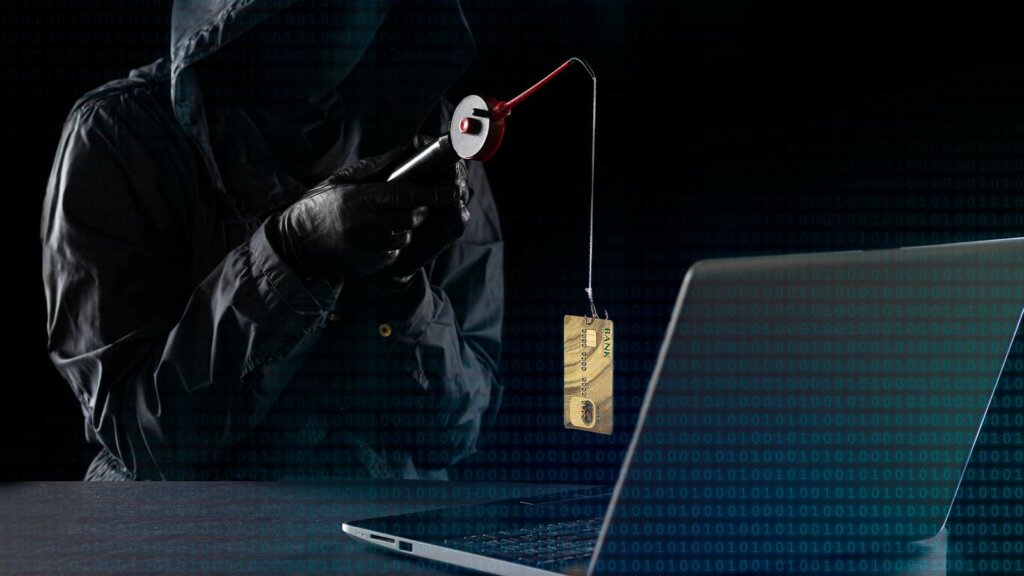
Anyone can fall victim to debit and credit card scams.
In 2020, in collaboration with the police, the United Kingdom banking industry managed to stop £1.6 billion of unauthorized fraud losses and £45.3 million from scams. The industry-funded Dedicated Card and Payment Crime Unit arrested over 100 fraudsters.
In the last year alone, a UK trade association protected 2.1 million compromised card numbers with the help of their Intelligence Unit
Stats don’t lie!
These numbers show just how often this happens, and it could happen to you, whether when shopping online or in physical stores.
Let’s see how this happens, what you can do about it, and what the consequences are if you file a false fraud dispute!
All you need to know about card fraud
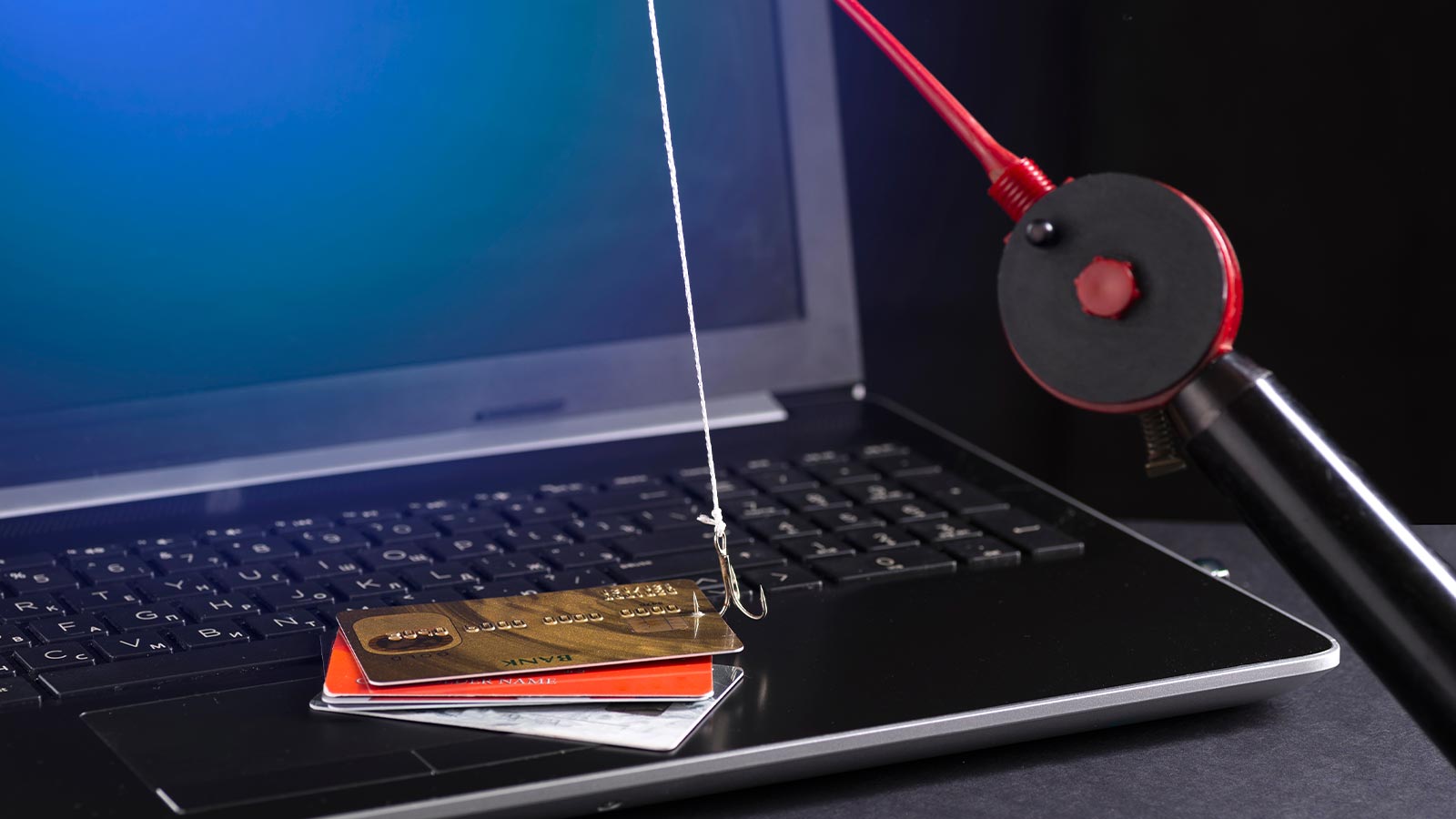
In order to be able to protect yourself from scams and credit and debit card fraud, the most important thing is to know what they mean and how criminals manage to steal your information.
Important
If you become a victim of such crimes, the credit card company you work with is one of your best allies.
Below, we will also discuss how these companies investigate fraud and how they can help you.
What is card fraud?
Card fraud is one of the most common types of identity theft, with millions of victims every year.
There are many ways in which criminals commit fraud, and they may include them coming in possession of your card or simply stealing your card information.
Many think you are exposed to this risk only when shopping online or making online transactions requiring you to type in your card data. While this is indeed one way in which you may become a fraud victim, it is not the only one.
It can happen online just as often as it can happen in real life, so it’s essential to do your best to prevent it.
How criminals steal your card data
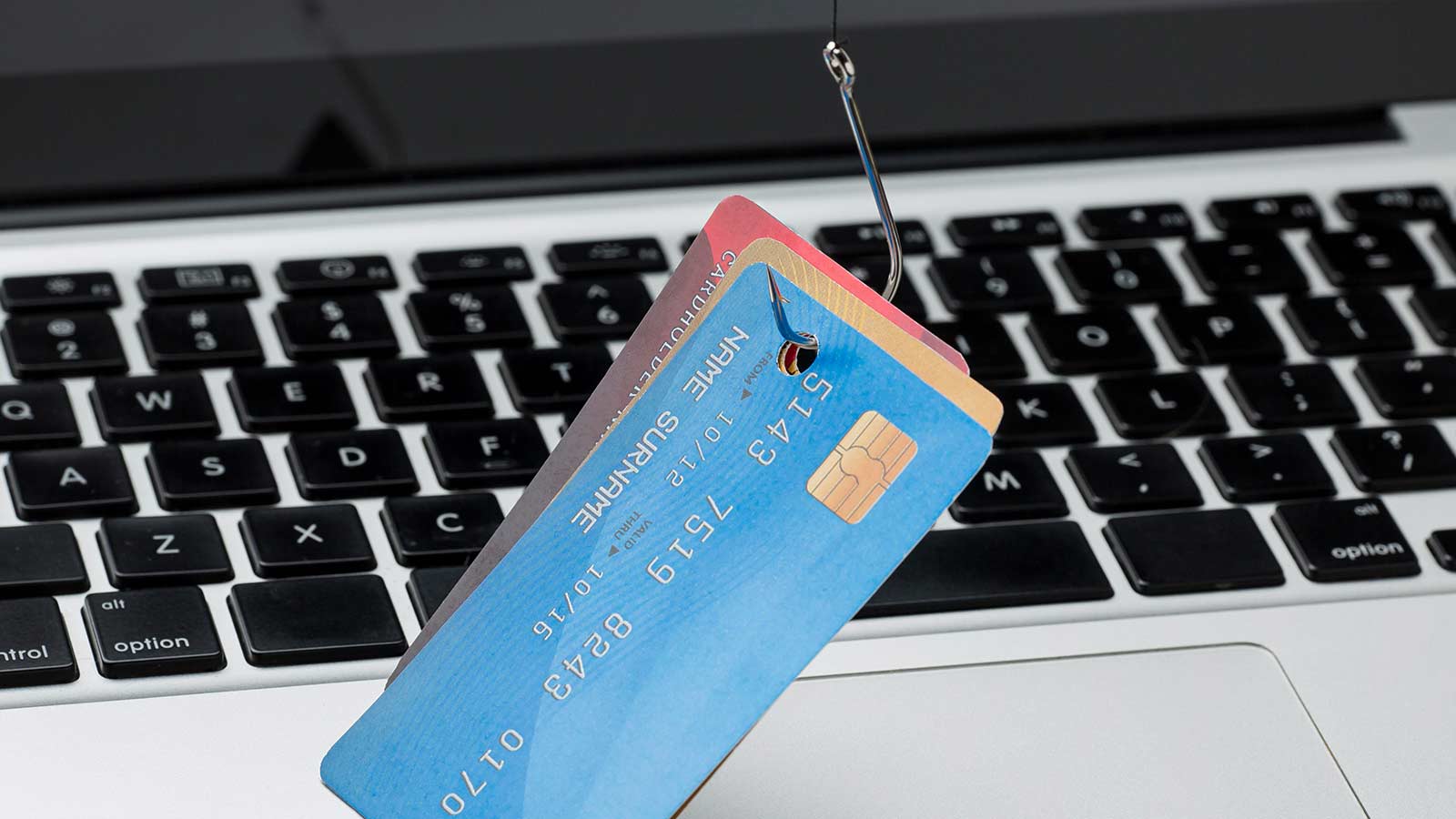
Counterfeit, faked or doctored cards
Your card information can be illegally obtained with a device known as a skimmer. This captures and copies the data from the card’s magnetic stripe when you insert it into a card reader or ATM.
Then, the information is encoded into a counterfeit card and used just like the real one.
Important
Checking the card reader to see if it looks abnormal or tampered with can save you from becoming a victim of this.
Stolen or lost cards
Thieves may operate with your physical card if they steal it or if you lose it and they find it.
In these situations, they will not have your PIN, so they might not be able to use the card in a store. However, they still can use the card details to make online purchases.
Fraud in the absence of the physical card
In this case, the criminal does not need your physical card, just basic details such as card number, account holder’s name, expiration date, and the CVV/CVC code. With these, they can make payments and purchases online and transfers to a different account.
They can obtain this information in a variety of ways and even directly from you by pretending to be an employee from a store, your card company, or a services provider.
Some websites like many of the best online casinos put in place measures to avoid such schemes. The KYC procedure (Know Your Customer) verifies if the person using the card is the actual owner.
Account takeover
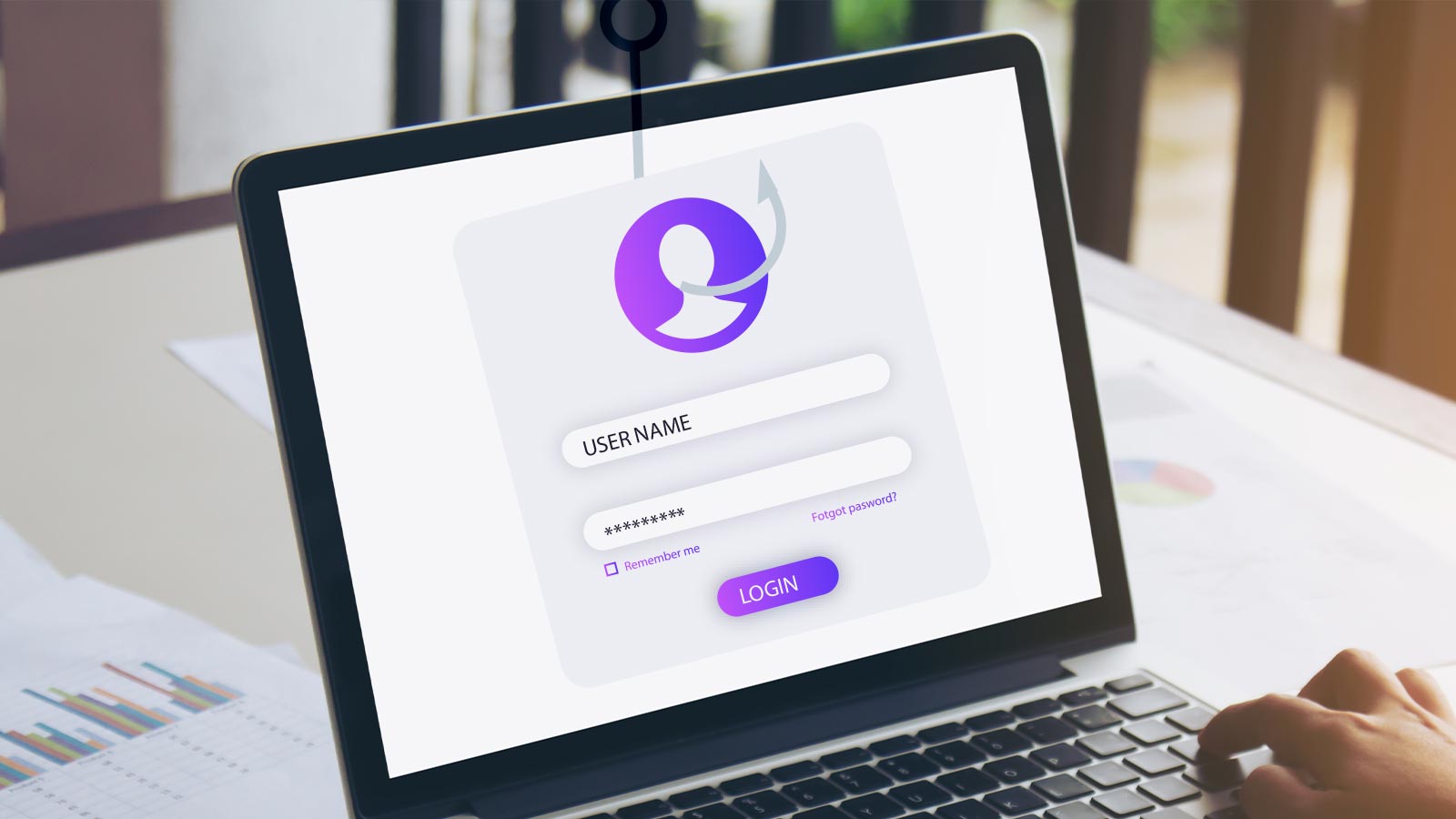
This requires a fraudster to steal your personal information first, then contact your card company and request a change of address and a new card to be issued.
This method requires more specific information such as purchases, card details, passwords, and others.
This method is also called “social engineering”.
Intercepting mail
When your card expires, or you open a new account, you might choose to receive your card via post.
Even if the majority of card issuers use unmarked packaging when sending cards, thieves manage to intercept them or steal them from the mailbox.
Application fraud
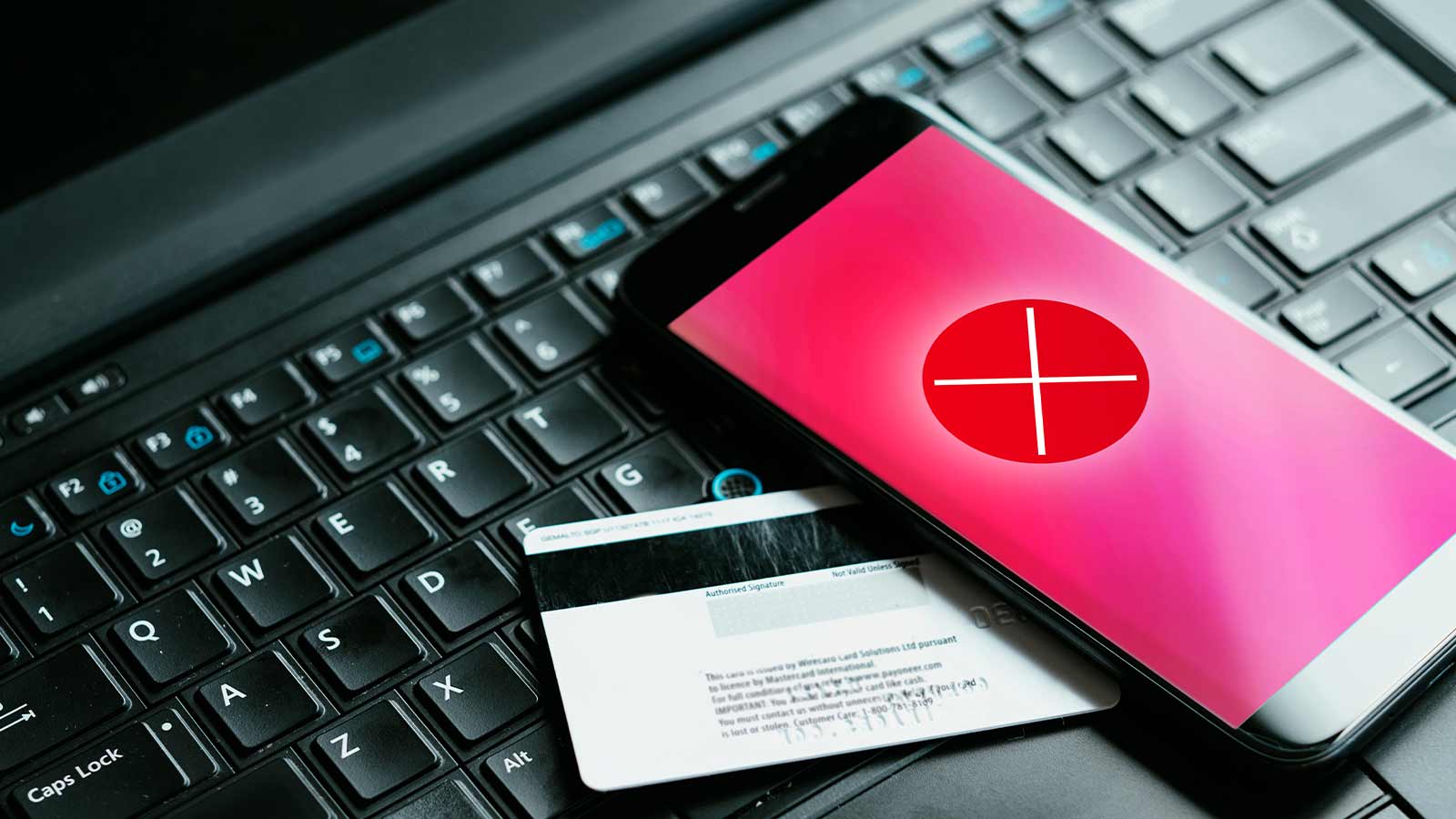
If a criminal does not get their hands on your card info, your personal information is just as good.
They can use that to apply for a new credit card in your name. For that, they need your full name, address, date of birth, and other personal data. In some cases, they also manage to obtain documentation to support their application.
Criminals have multiple ways to commit fraud online and offline, and being aware of them is the first step to prevention.
How credit card companies investigate fraud
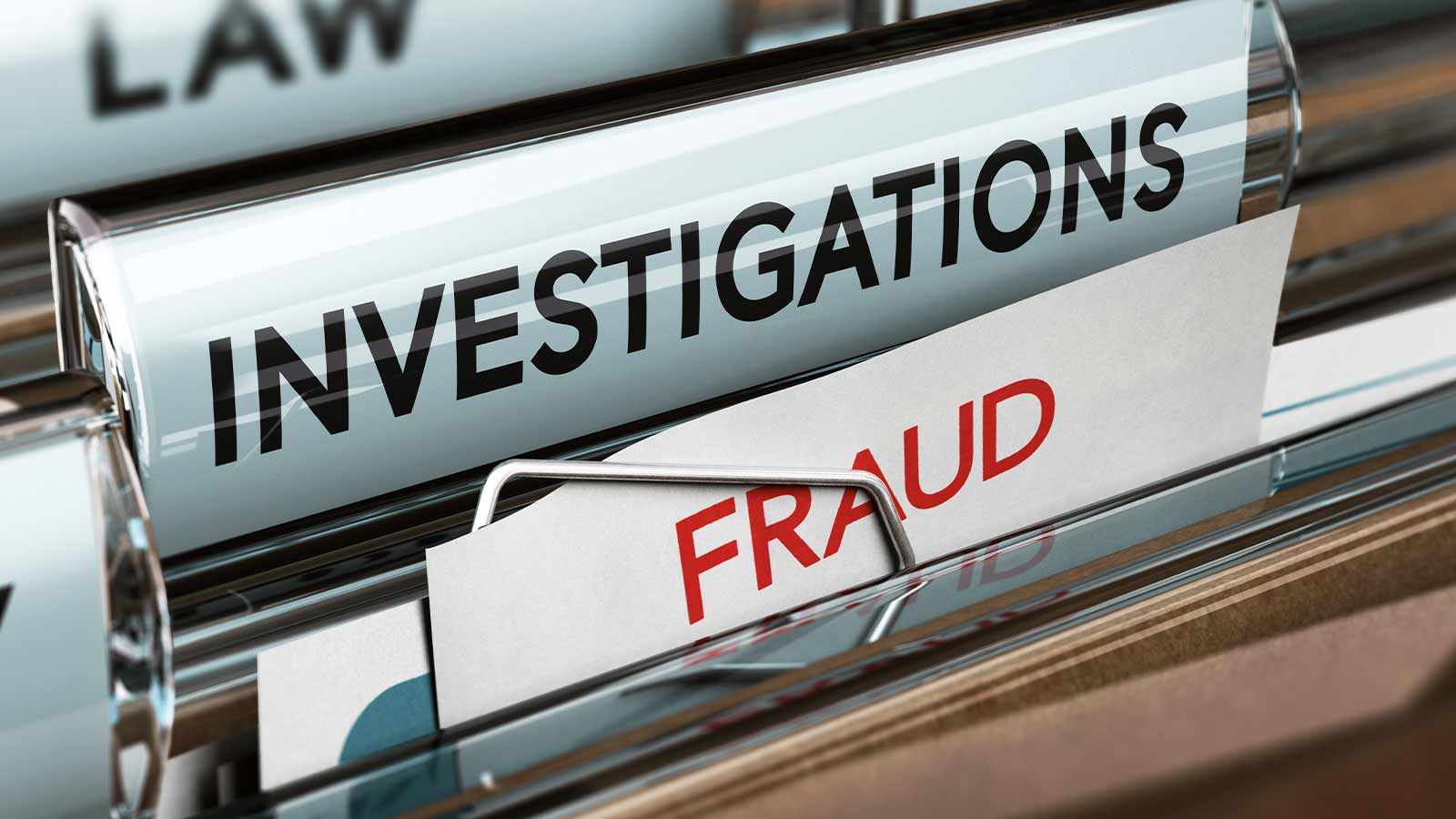
Once you suspect any fraudulent activity on your account, the first thing you should do is get in touch with your card issuer.
In many cases, the card company notices unusual activity on your account and automatically takes emergency measures to protect your funds and data.
What happens next?
If this happens, the company contacts you and asks you about the activity on your account before proceeding with the fraud investigation.
Commonly, a fraud investigation process has the following stages:

- The customer makes a complaint about an unauthorized payment, merchandise that he never received or did not live up to the expectations;
- The bank starts gathering relevant information about the transaction to establish what happened;
- The transaction is then examined in order to determine whether or not the customer’s claim is reasonable;
- Depending on the outcome of the investigation, the bank may either decide to reject the client’s inquiry or file a chargeback on their behalf.
Depending on the card issuer and their rules, you may even get a full refund right away. Sometimes, however, you will have to wait for the investigation to be over. This may take up to 90 days.
As part of their investigation, the company will contact the merchants that recently charged your card and ask for more details about these transactions. They gather all the relevant information they need, and, in this process, they may even request receipts and copies of police reports.
Other evidence they can use in their investigation includes:
- Transaction timestamps;
- 3-D Secure and whether or not it was used during the transaction;
- Geolocation data which is then confronted with the client’s location at the time the transaction took place;
- Behavioural indicators which show whether or not the client has made similar purchases before or if the purchase matches their typical pattern of behaviour;
- IP Address;
- Account activity is checked to establish if other unauthorized transactions took place recently.
This is a long and complicated process that can take even longer than 90 days because, in certain situations, the merchant decides to fight the dispute and refuse the chargeback by presenting evidence supporting their claim that the transaction was legitimate.
The bank must repeat its investigation and look for more evidence they can use to obtain the chargeback. In such a case, it can take six months or more for the dispute to be resolved.
In case of confirmed fraud, you should contact the authorities as soon as possible.
How to prevent card scams
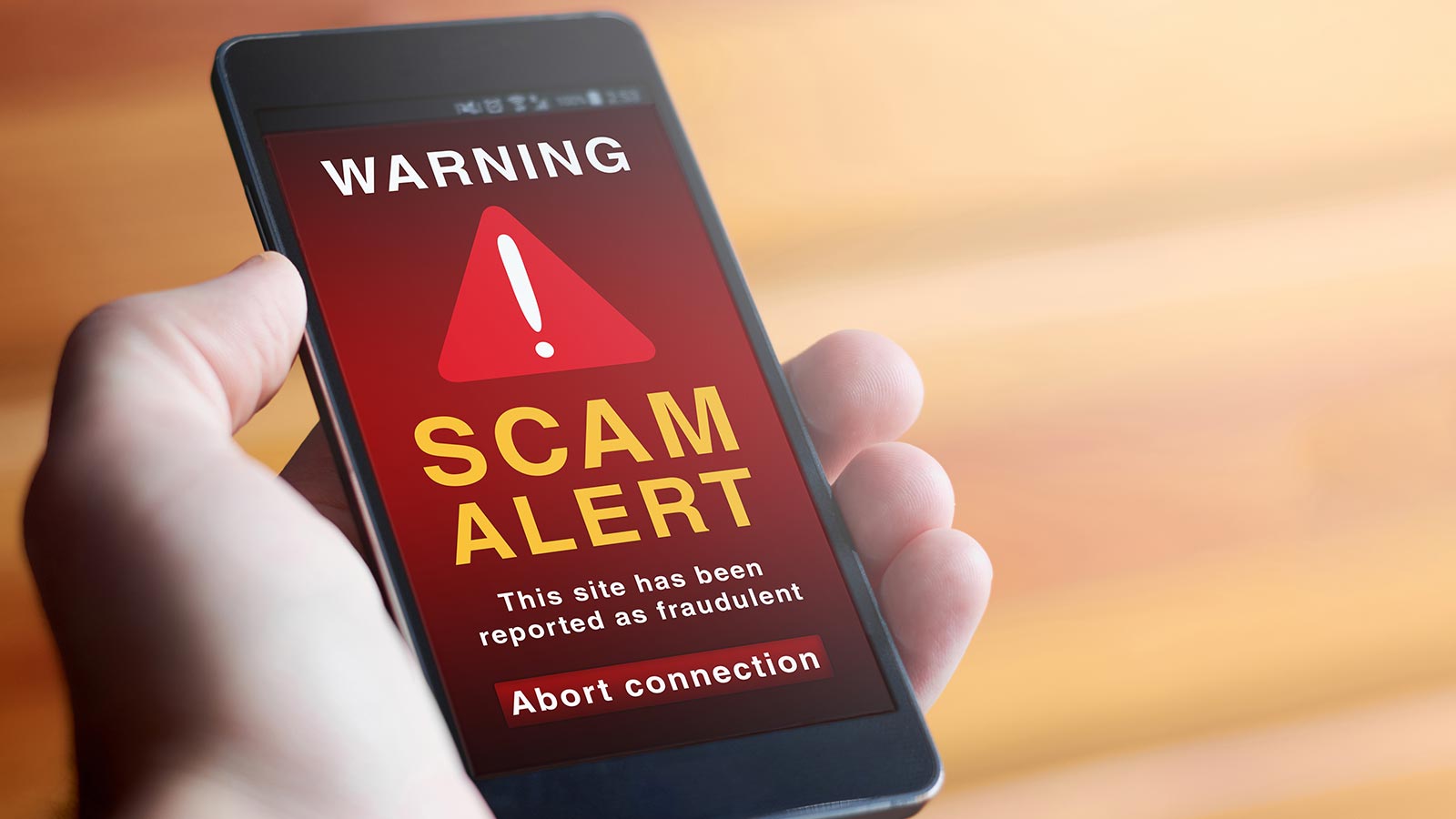
The first and one of the most important things you should do is take care of your card.
Many fraud situations happen with the criminal being in possession of your card, so it is essential to pay attention to where it is at all times. Try not to misplace it or keep it in your back pockets in crowded places.
The most uncomplicated safety measures are the most effective
Keep your PIN private
Choose a PIN that is hard to guess.
Something like your birth year may be easy to remember, but it could also be very easy to guess by anyone who knows you and has bad intentions.
Check your bank statements regularly
Make sure to periodically check your bank statements and transaction history to ensure there are no unauthorized transactions.
This is especially important because the longer you wait before filing a complaint, the longer and more complicated the entire dispute solving process will be.
Check ATMs before using them
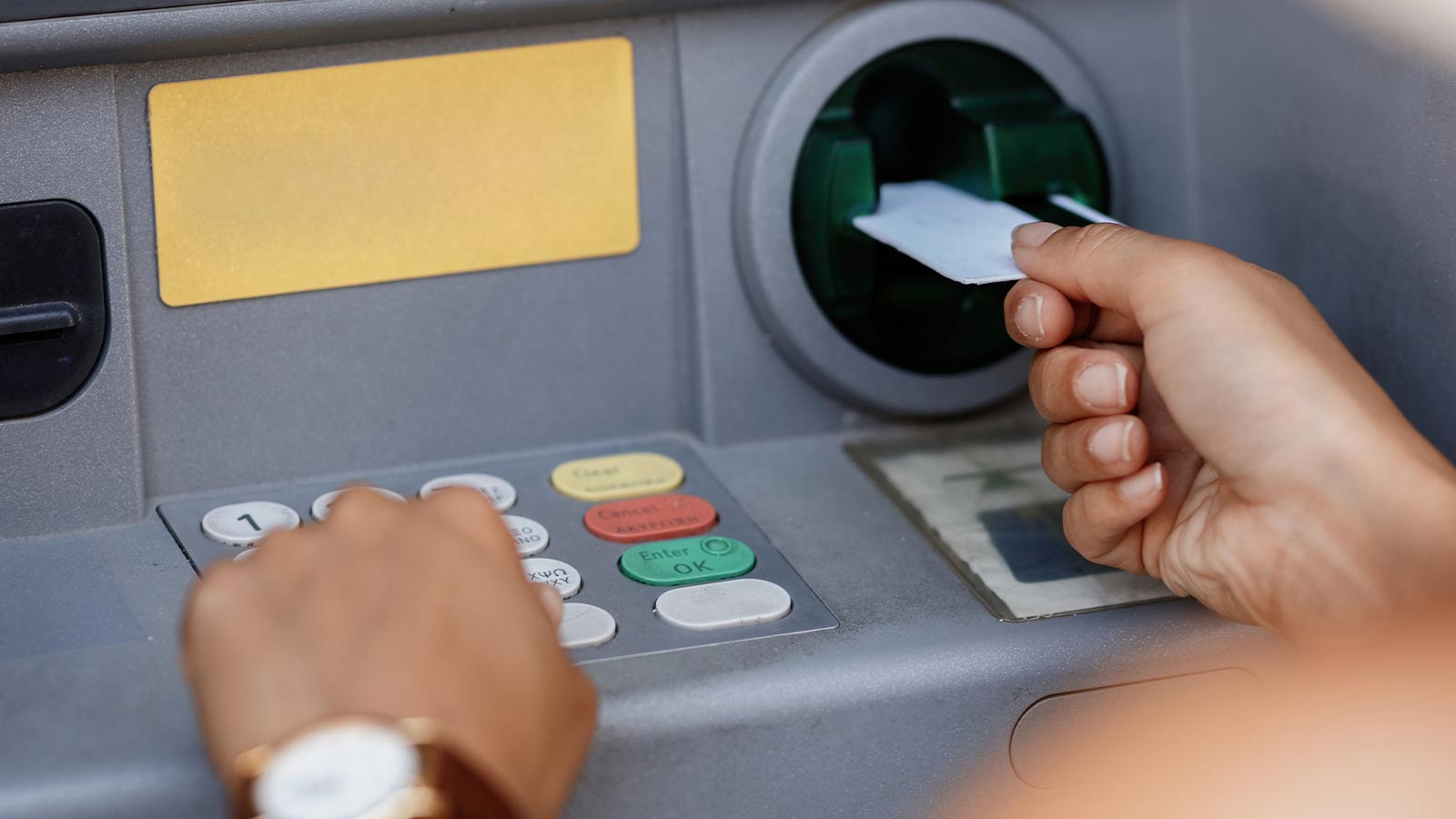
Cards are copied with devices that are placed into ATMs and other machines you can put your physical card in.
Take a quick look at the card reader to check for any signs of tampering, as this could save your funds.
Shield your PIN when entering it
Every time you enter your PIN, make sure no one can see it.
Look around you before proceeding if you are using an ATM on a busy street and make sure you shield your hand when you enter it on a POS in a store.
Use RFID protection
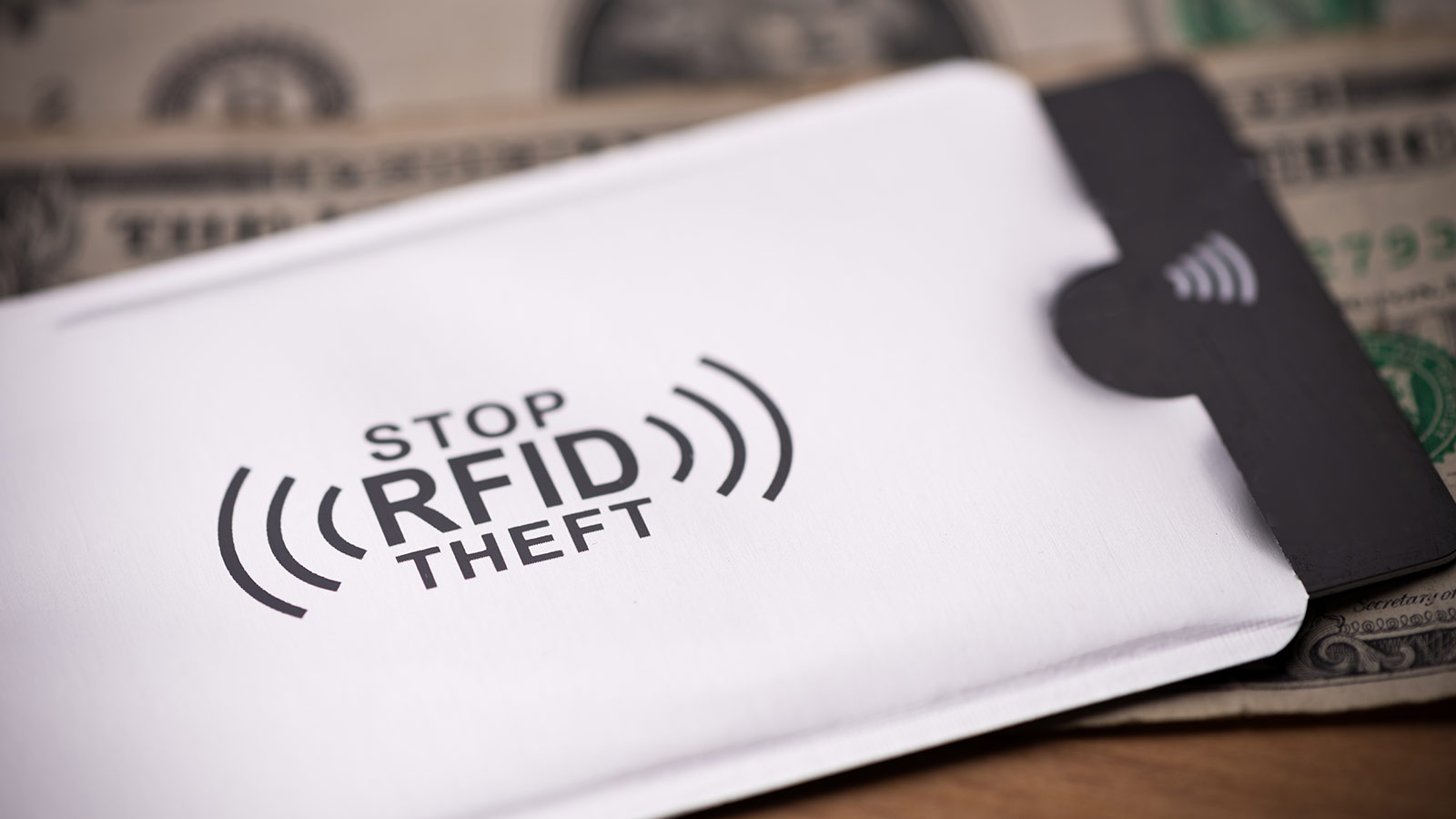
Most cards nowadays allow contactless payments, and more people in the United Kingdom and worldwide are enjoying this feature.
As helpful as it may be, it exposes you to a new risk, that of having your funds stolen without your details and your physical card. Make sure to use RFID cases for your cards, or you can invest in a wallet with RFID protection.
Tips
You can DIY this by simply covering your card in tinfoil.
Do not allow anyone to take the card out of your sight
When making payments in any store, make sure you do not allow the store staff to take the card out of your sight for any reason.
You should insert the card yourself into the POS and enter the PIN.
Chop up old cards and shred bank documents you no longer need
When a card expires or when you no longer need bank documents, you have to be mindful of what you do with it.
Simply throwing it away in the trashcan is not a good idea, as some criminals are ready to dig in your trash to find the precious information.
Keep that in mind and shred your documents and chop up any old cards you want to throw away, making sure to cut the magnetic strip. This way, they cannot be cloned.
Change your online banking password regularly
Most banks ask you for a regular password change for your online banking account.
If yours does not, request a password change yourself every now and then. Also, do not use easy to guess passwords and do not share them with anyone.
Avoid using public Wi-Fi for transactions

We all use our mobile devices more often than we use our computers nowadays because it is more comfortable and accessible anytime and anywhere.
While this is usually a great thing, it might not be the best when we are making online transactions.
Important
Technology has evolved a lot, and there are many layers of protection when making payments on your phone, but if you use public Wi-Fi for it, you may be at risk. Your information may be intercepted and used for fraud.
Use secure sites when shopping online

When you shop online, check and see if the website you are about to use is secure. You can do that by looking at the website address and see if it starts with “HTTPS”.
Site addresses that begin with “HTTP” are not secure, and you should avoid them whenever is possible.
What you can do if you are a victim of card fraud

- Get in touch with your card issuer: this is the first thing you need to do to make sure an investigation begins, and you can be reimbursed for the fraudulent charges;
- Change all your PINs and passwords: change all your passwords and PINs right away to stop the fraudster from further using your information and making even more charges to your account. The sooner you do this, the more chances you have to save the rest of your funds;
- Go through your bank statements: you should request bank statements for the recent months and go through them to see if this has happened before. Check for any unauthorized payments and report them all to your bank;
- Contact Action Fraud: They will give you a police crime reference number, as this service does not run fraud investigations and cannot offer advice on the case. They make sure your report reaches the right place, and the NFIB will take care of it.
Fact
Action Fraud is the United Kingdom’s national reporting center for fraud and cybercrime ran by the City of London Police, alongside the National Fraud Intelligence Bureau (NFIB). This is available for residents of England, Northern Ireland, and Wales. You can either use their online reporting service 24/7 or call them at 0300 123 2040.
If you’re dealing with potential fraud conducted on websites, it’s important to read their specific terms and conditions.
For instance, knowing your rights and obligations in respect to an online casino can tell you from the beginning if you have been unfairly treated and what the consequences should be.
There is more than one type of identity theft and scams. Here are some things you can do depending on your situation:
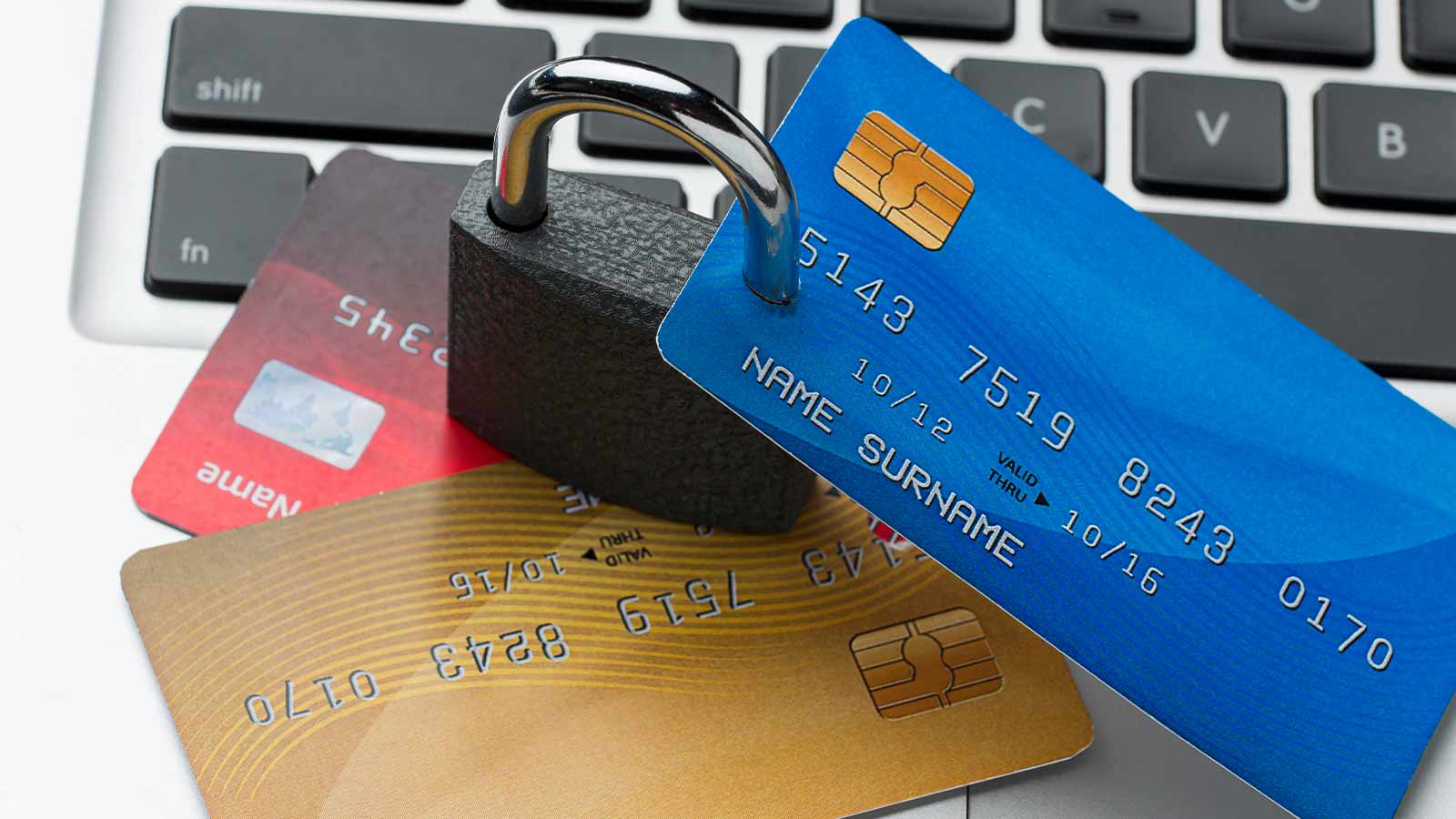
- Money was stolen from your bank account: if money was stolen from your account via identity theft, a cloned card, a scam or any unrecognized bank transfer, you need to contact your bank and then Action Fraud.
- You are a victim of debit card fraud: the Payment Services Regulations cover you if someone uses your card in a store or online. You have to report this immediately so you can be refunded if the transaction was made without your permission. If your card is lost, you must report it as soon as possible, because you are liable for any losses up to £50 before you report it;
- You are a victim of financial scams: if you fall victim to such a scam like investment fraud, you can report it to the Financial Conduct Authority;
- Your credit card has been used fraudulently: if this happens to you, you are protected by the Consumer Credit Act. This means that you can get your money back. Even if you are liable for the first £50, as is the case for debit cards, but you can avoid that by reporting it quickly and if the bank cannot prove this is the result of your own negligence;
- Someone applied for credit in your name: if this happens, you will receive letters, emails, and even text messages from banks you do not own accounts with. What you can do is contact credit reference agencies such as TransUnion, Experian, or Equifax.
- Someone is stealing your post: if someone has obtained your information by redirecting your mail or stealing it, you can contact the Royal Mail customer services at 03457 740 740.
Tips
Online gambling merchants in the UK are subject to UK Gambling Commission regulations, so they must look into any complaint you file. For any trouble you experience in this department, you can consult with our guide on placing a successful casino dispute.
The consequences of filing a false card fraud dispute
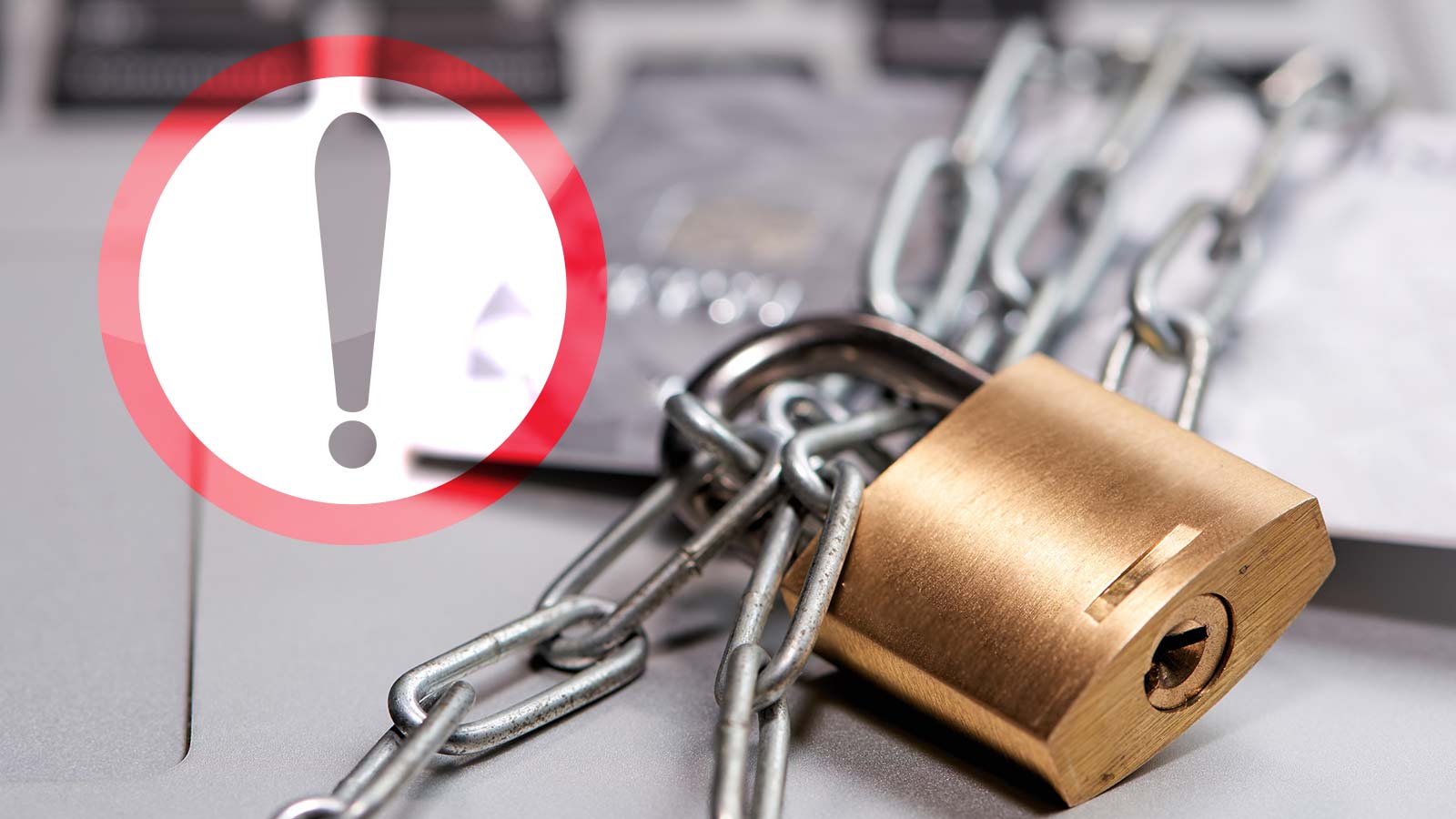
- Lack of recourse: if you shop online and end up not liking the product or simply experience buyer’s remorse, submitting a merchant return would be better. If instead of doing so, you choose to file a chargeback and the merchant wins, you will have no other way of getting your money back. Returning the item and getting a refund is possible, so think twice before choosing the more convenient method because it can turn out to be the least convenient in the end;
- Loss of bank privileges: the bank represents the customer through the chargeback process and dedicates resources to prove their customer is a victim and recover their money. If it turns out you have been committing friendly fraud, you will no longer be seen as a trusted customer, and the bank may decide to close your account;
- Credit score damage: if you lose bank privileges, credit reporting agencies will notice. This will affect your credit score immediately, as it is based on many factors, including the ratio of used-to-available credit, which is strongly impacted by the sudden closure of your account;
- Blacklisting: when you file a dispute, the merchant may add you to their blacklist and prevent you from making future purchases. While this may not affect you in some situations, it is inconvenient if you are a regular user of the merchant’s services.
The most common type of fraud is “friendly fraud”
This is when a cardholder makes a purchase and then disputes it as fraud to get their money back but have no justification for it.
Chargebacks are a crucial mechanism meant to protect the consumer, but it has become subject to abuse and the ones that are most affected by this are the merchants.
Tips
When you file a card dispute and chargeback request, the bank is the one in charge of determining responsibility.
While the bank tries to keep their customers happy, the merchant is considered guilty until proven innocent.
This is a system that allows abuse to happen, often resulting in the merchant losing revenue and merchandise and facing higher costs, added fees, and even long-term threats to their business.
How you can accidentally commit card fraud
You may have committed credit card fraud without even knowing and, of course, without having the intention to do so. Here are the most common ways in which you can accidentally become a fraudster:
Disputing your credit card charges
Friendly fraud is very common, and many people do this to keep the goods and get their money back. However, you may not have the intention to scam any merchant but have forgotten about a purchase you have made.
In many cases, the merchant’s name may not sound familiar since not all of them use the name of their brand.
When you dispute such a charge, you are unintentionally committing chargeback fraud.
Using someone else’s credit card
Using someone else’s card without their permission is fraud and is illegal, but there are situations like this that are not illegal but still break the contract you have with your issuer.
These include giving your credit card to someone else to use or allowing someone to enter your card numbers to help you buy something online.
If this happens, you are responsible for any charges, and the creditor will not accept a dispute.
Signing up for a free trial with a fake credit card number
You already know that when signing up for online free trials, there is a chance you will forget about it and be charged when the trial period is over. Many want to avoid this and decide to use certain websites that provide them with fake credit card numbers.
Recommendation
When using such sites, you have to guarantee you are not, in fact, using the numbers of a stolen card, so it’s better to stay away from these practices.
Lying on your credit card application
You must pay close attention to all the information you write on your credit card application. Making a simple mistake regarding your income or even your age can land you in trouble.
The consequences for this vary, but they may include fines, community service, probation, or even jail time in severe cases.
If no legal action is taken, you can still face a closed account, the inability to open a bank account, interest rate spikes, and poor credit history.
Conclusion
Debit or credit card fraud happens very often, and you can either be the victim or accidentally become the fraudster yourself.
The best approach to prevent both these situations is to:
- Protect your information;
- Keep track of your purchases;
- Regularly check your bank statements.
Remeber, do not use someone else’s card or allow someone to use yours!
Consulted sources
- Identity theft and scams: how to get your money back
- Guide to avoiding contactless card fraud
- Fraud – the facts 2021. The definitive overview of payment industry fraud
- Banking – security and fraud
- Preventing credit card fraud
- How To Avoid Debit Card Fraud
 Anca Iamandi
Anca Iamandi Adina Minculescu
Adina Minculescu